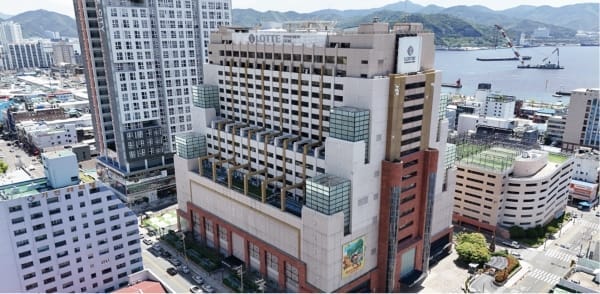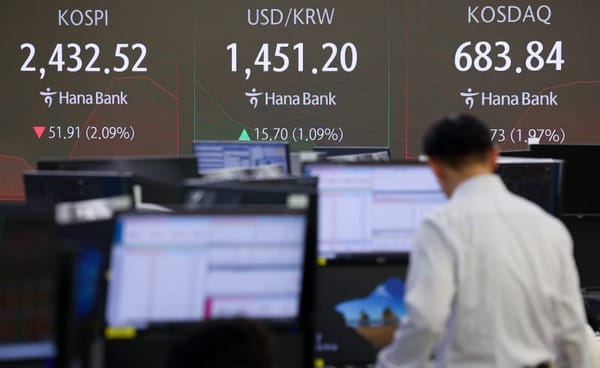Credit: Public domain.
Because of its long history of central economic planning, followed by the debilitating 1997 East Asian Financial Crisis, South Korea has had onerous capital control requirements designed to closely regulate the inbound and outbound flow of foreign currency, particularly USD. This week, the government significantly relaxed these regulations - an overdue move for a country whose economy has outgrown the developmental-era policies.
On June 5, the Financial Services Commission 금융위원회 announced that as of this December, the requirement under the Capital Markets Act 자본시장법 for foreign investors to obtain registration before investing in South Korea’s stock market will be abolished. The registration process was onerous and time-consuming, discouraging international investors from investing in public companies listed in South Korea. After December, non-Korean entities and individuals will be able to directly open a brokerage account with South Korean securities firms to invest in KOSPI and KOSDAQ.
Separately on June 8, the Ministry of Strategy and Finance 기획재정부 announced that starting next month, limitations on foreign currency transactions for South Korean individuals and entities will be significantly relaxed. Currently, individuals must file a report before sending more than USD 50k abroad; entities, more than USD 30m. The new regulations would allow individuals to send up to USD 100k without filing a report, and entities up to USD 50m. The MSF will also abolish reporting requirements for South Korean companies’ foreign investments.








